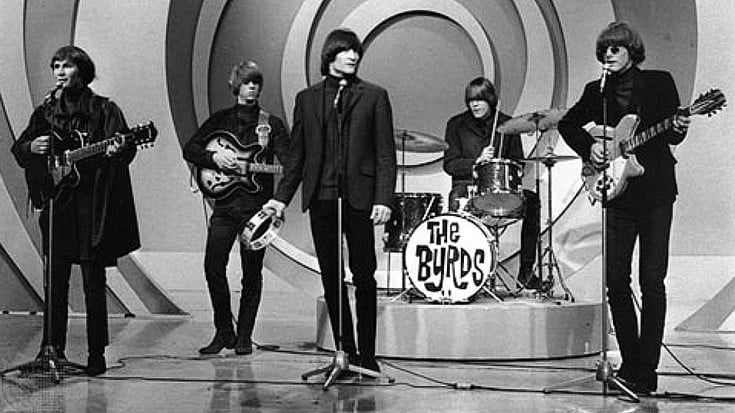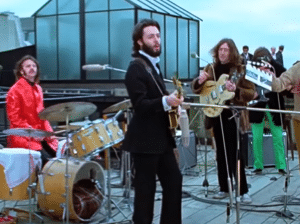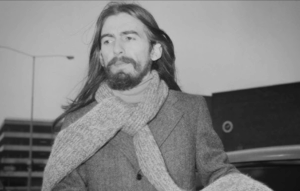5 Songs From The Byrds That Take You Back To The 1960s

The Byrds stand as icons of mid-1960s rock, pioneering genres like folk rock, psychedelic rock, and country rock—a quintessential American response to the British Invasion led by the Beatles.
Inducted into the Rock and Roll Hall of Fame in January 1991, The Byrds’ original lineup performed together for the last time, marking a memorable moment in their band’s history. While Roger McGuinn, David Crosby, and Chris Hillman remain active, Gene Clark’s death in 1991 and Michael Clarke’s in 1993 marked the passing of two founding members. Let’s reminisce and look at The Byrds’ popular songs that take us back to the 60s:
Eight Miles High
“Eight Miles High” from their 1966 album ‘5th Dimension’ epitomizes The Byrds’ musical evolution. It captures their journey through a transformative year in global pop, blending diverse influences like Ravi Shankar and John Coltrane into a mesmerizing sound that defined an era.
Ballad Of Easy Rider
This track from the 1969 album of the same name, reflects a pivotal collaboration with Bob Dylan, inspired by the iconic film Easy Rider. Dylan’s napkin-scribbled lyrics set to McGuinn’s music resonate with a simplicity that belies their profound cultural impact.
We´ll Meet Again
Featured in 1965’s Mr. Tambourine Man, this song pays homage to Stanley Kubrick’s Dr. Strangelove and its poignant use of Vera Lynn’s wartime classic. The Byrds’ rendition evokes nostalgia and solemnity, echoing an era of uncertainty and reflection.
Old John Robertson
From 1968’s The Notorious Byrd Brothers album, this track channels Chris Hillman’s childhood memories into a whimsical baroque-pop gem. Despite internal strife following David Crosby’s departure from the band, the song highlights The Byrds’ enduring creativity.
5D (Fifth Dimension)
“5D (Fifth Dimension)” from their 1966 album Fifth Dimension showcases Roger McGuinn’s exploration of cosmic themes through lyrics that verge on the metaphysical. It melds McGuinn’s admiration for Bob Dylan with a New Age sensibility, conveying The Byrds’ unique blend of intellectualism and musical innovation.

















